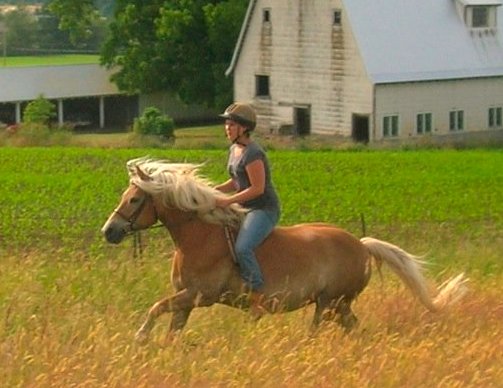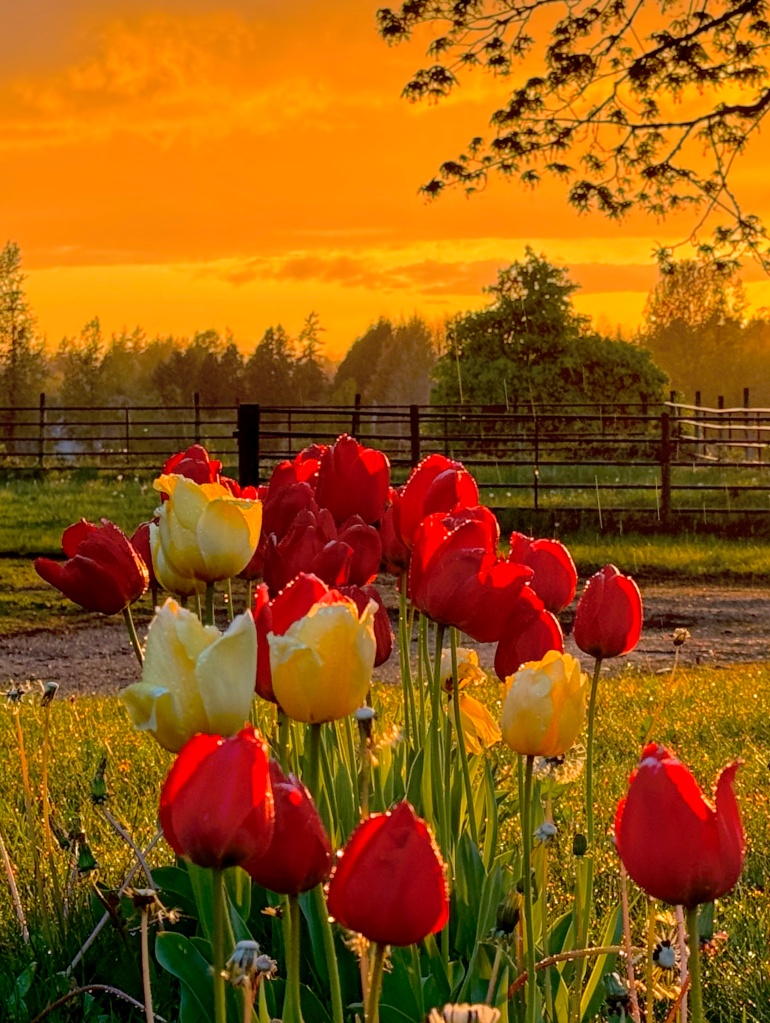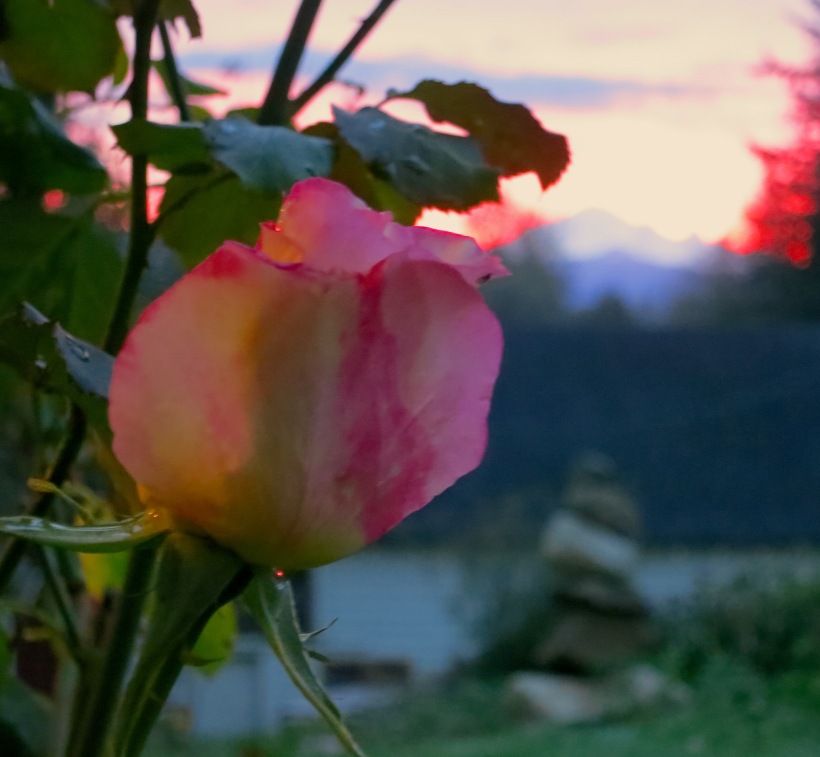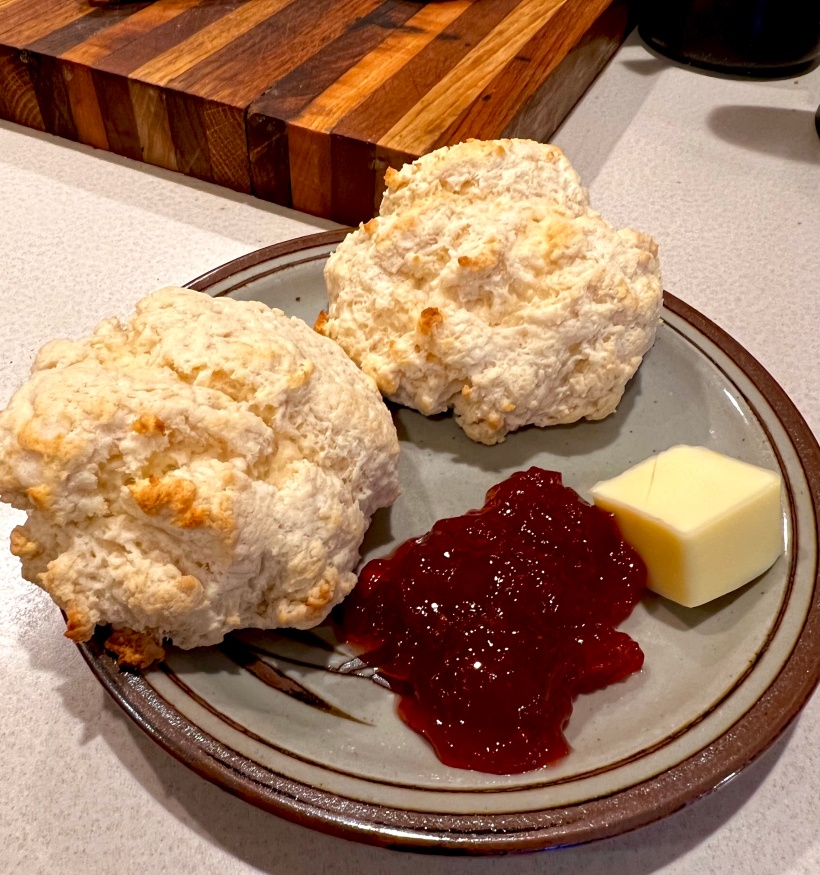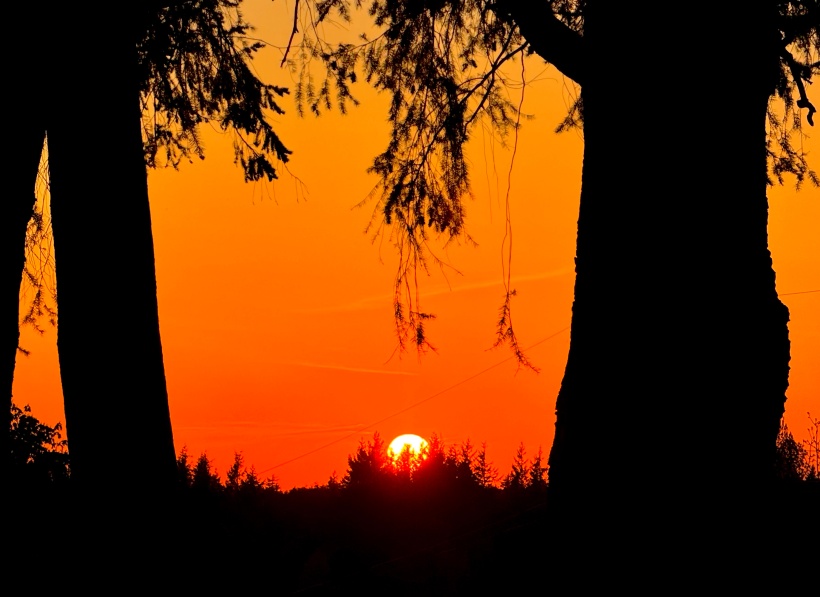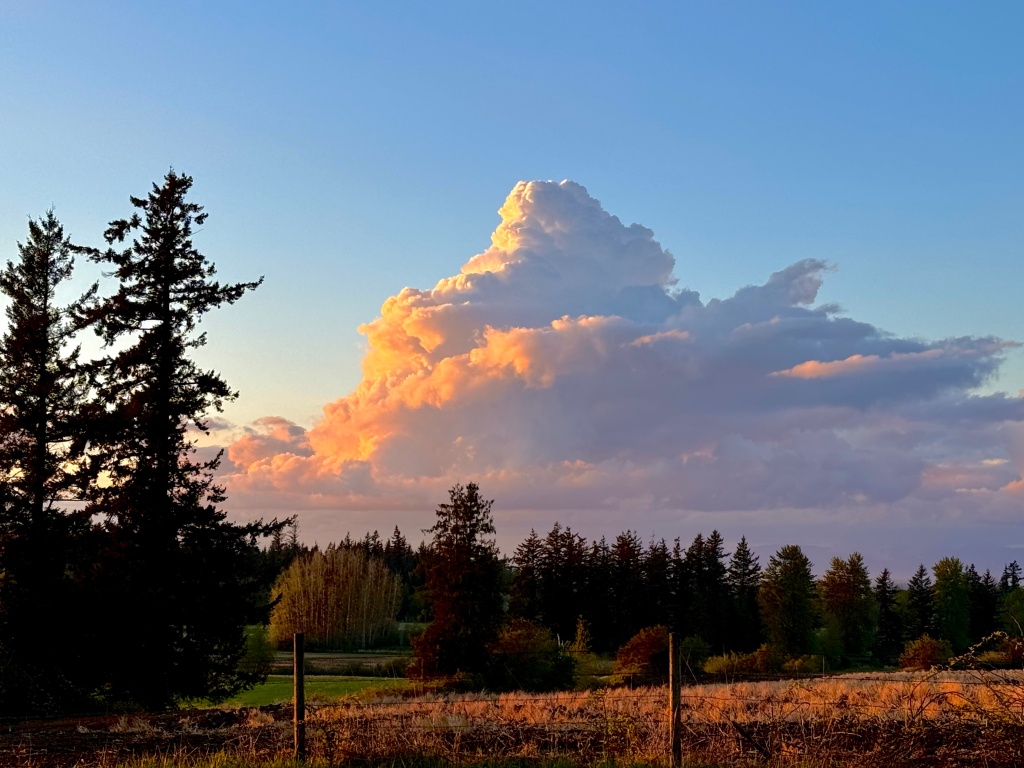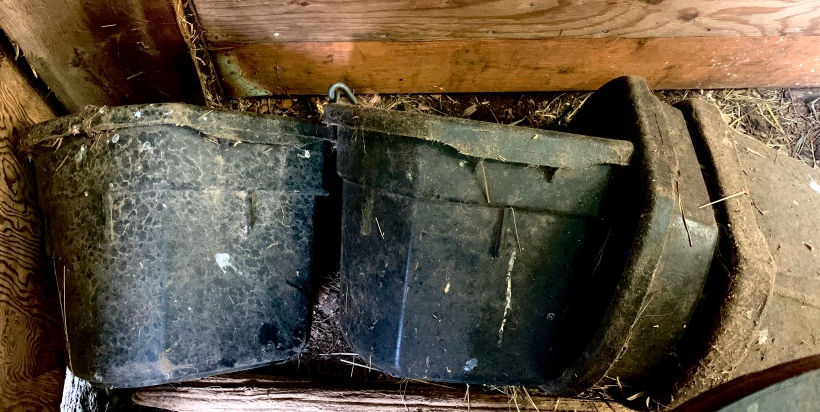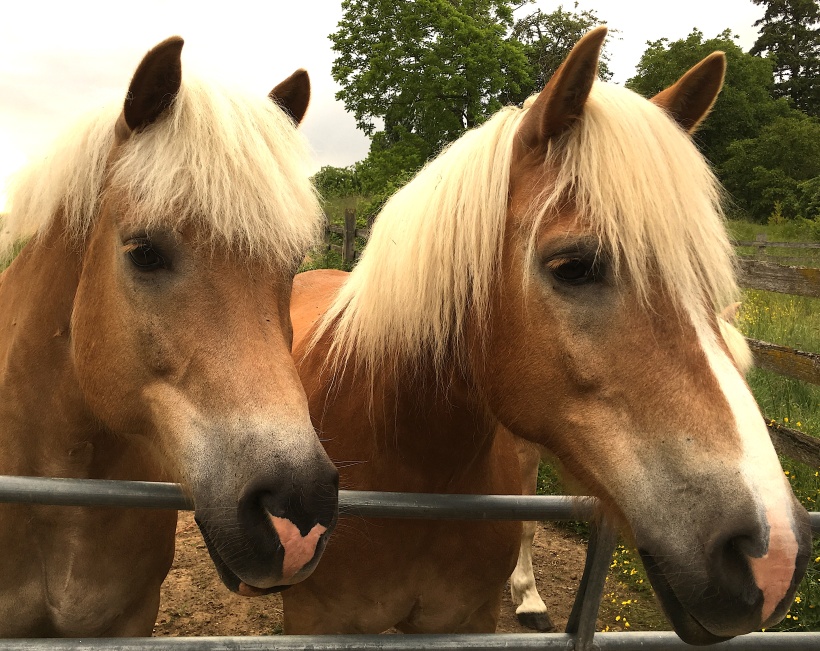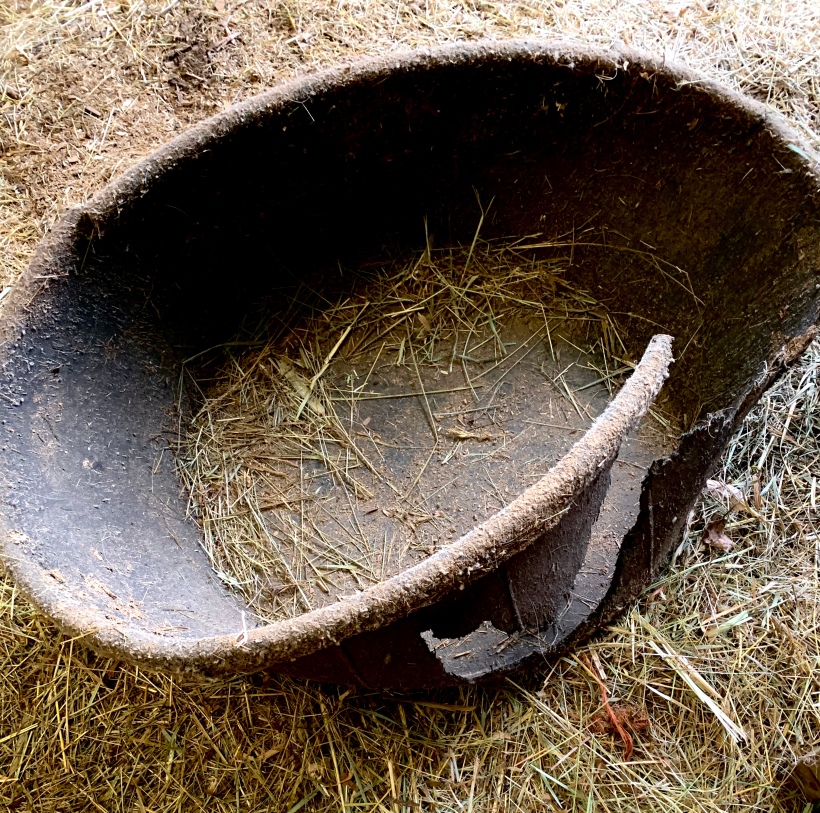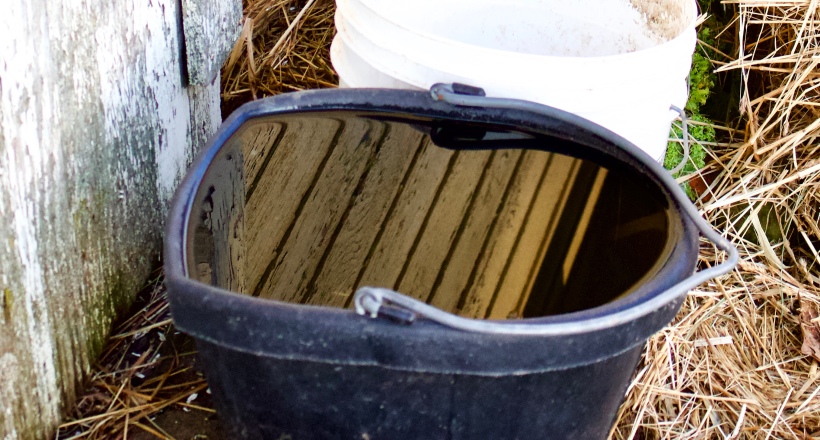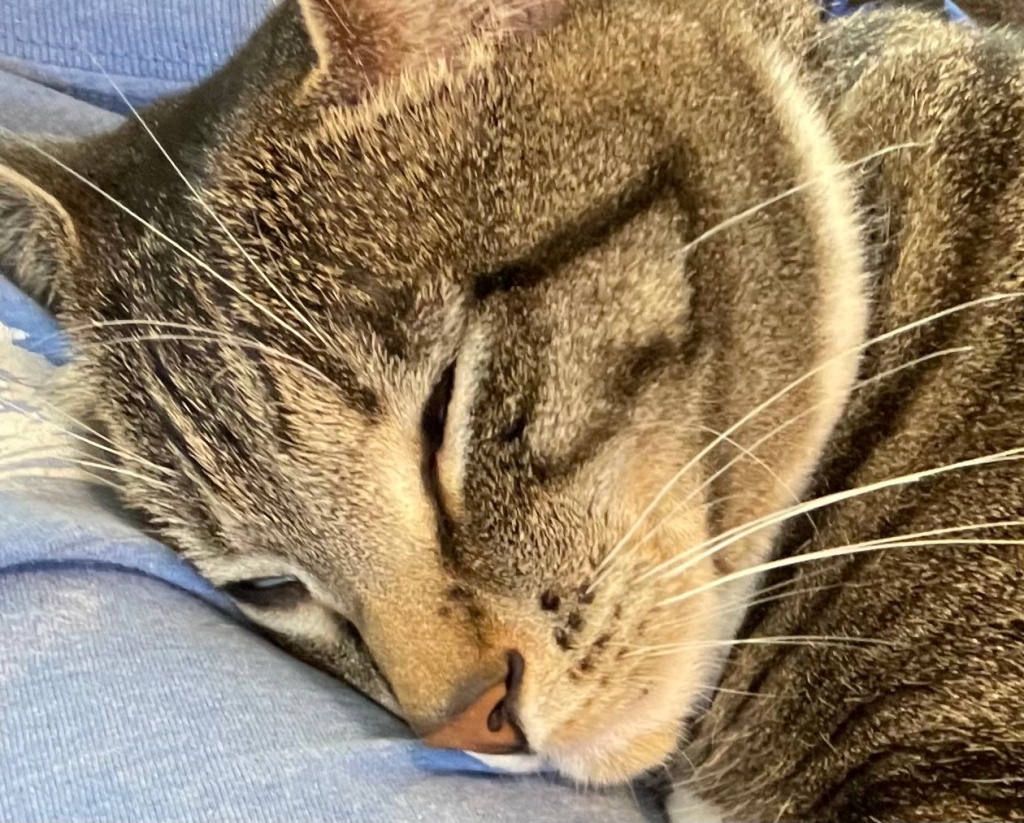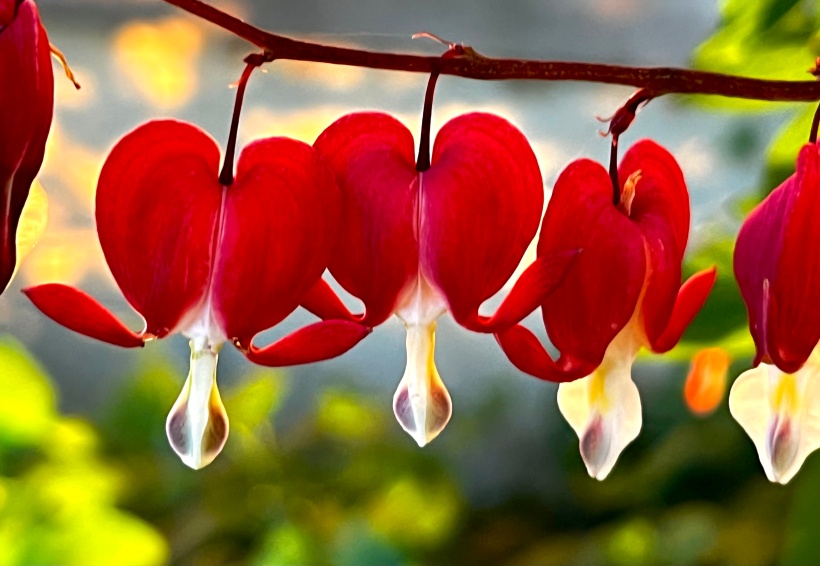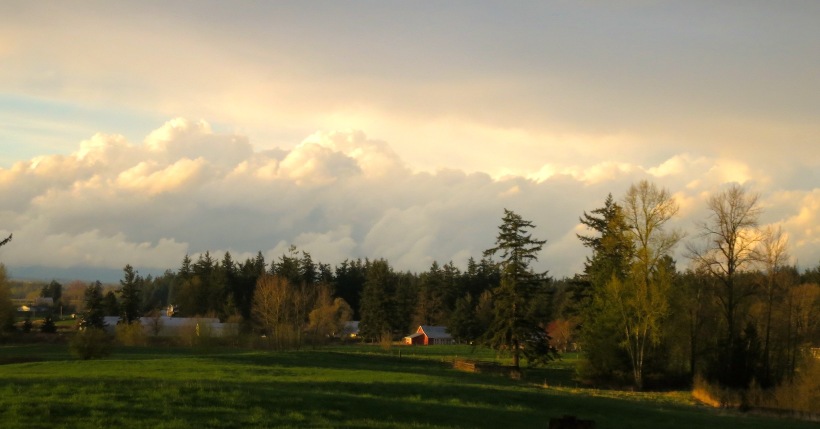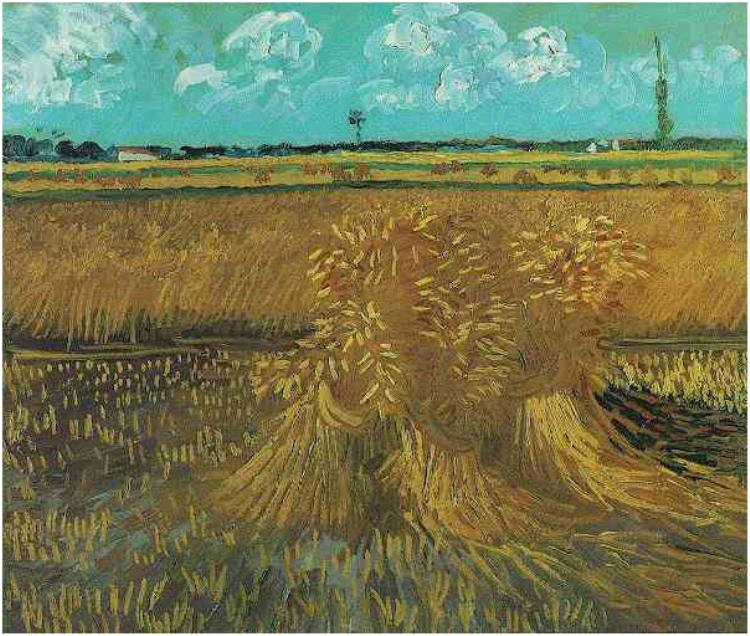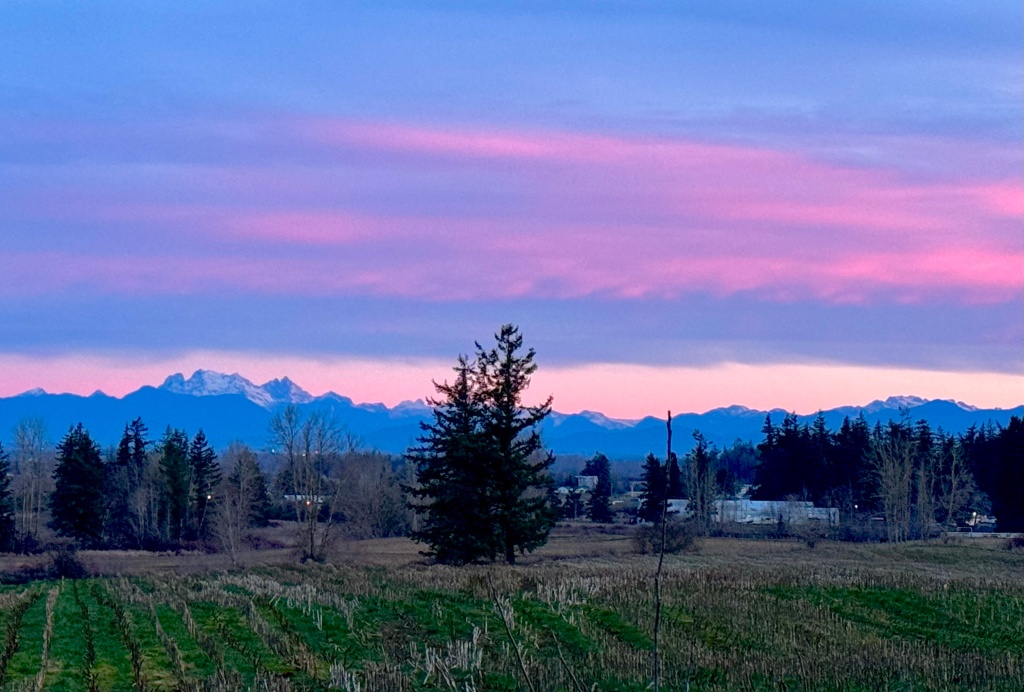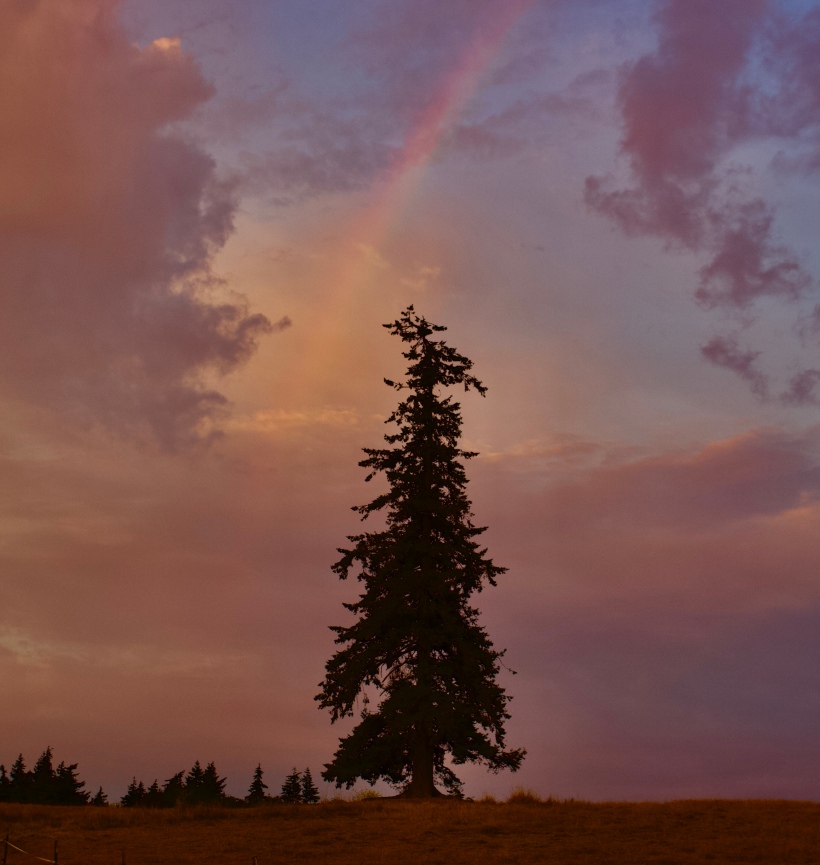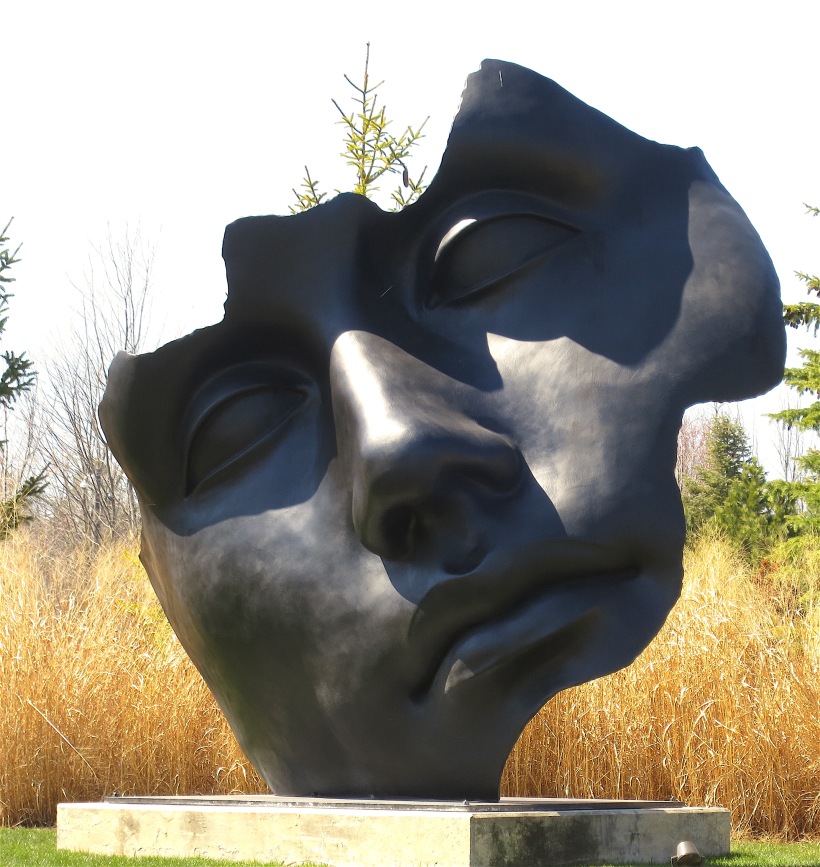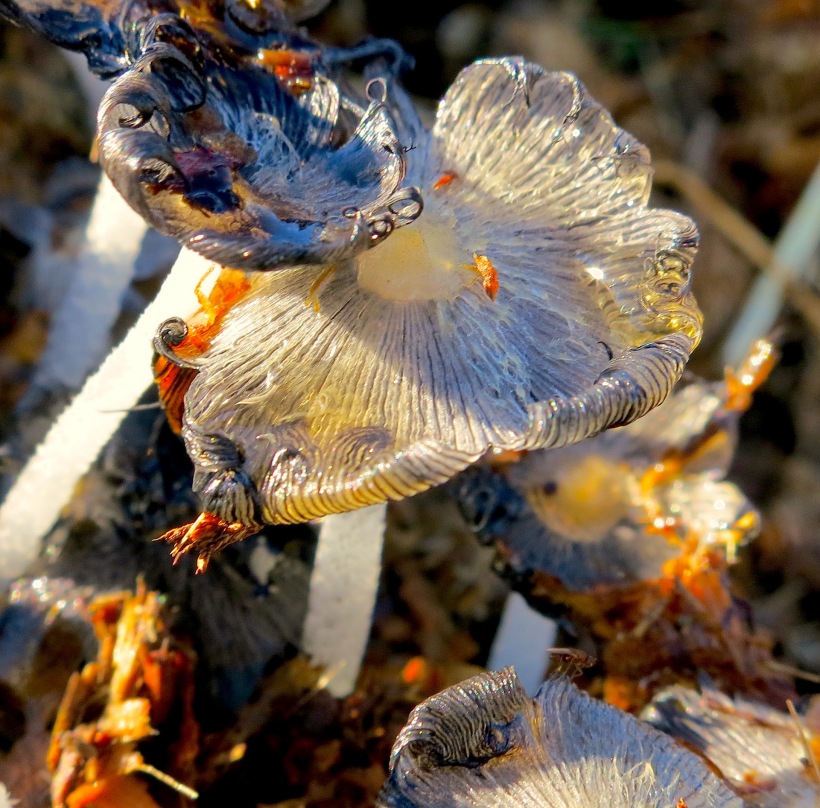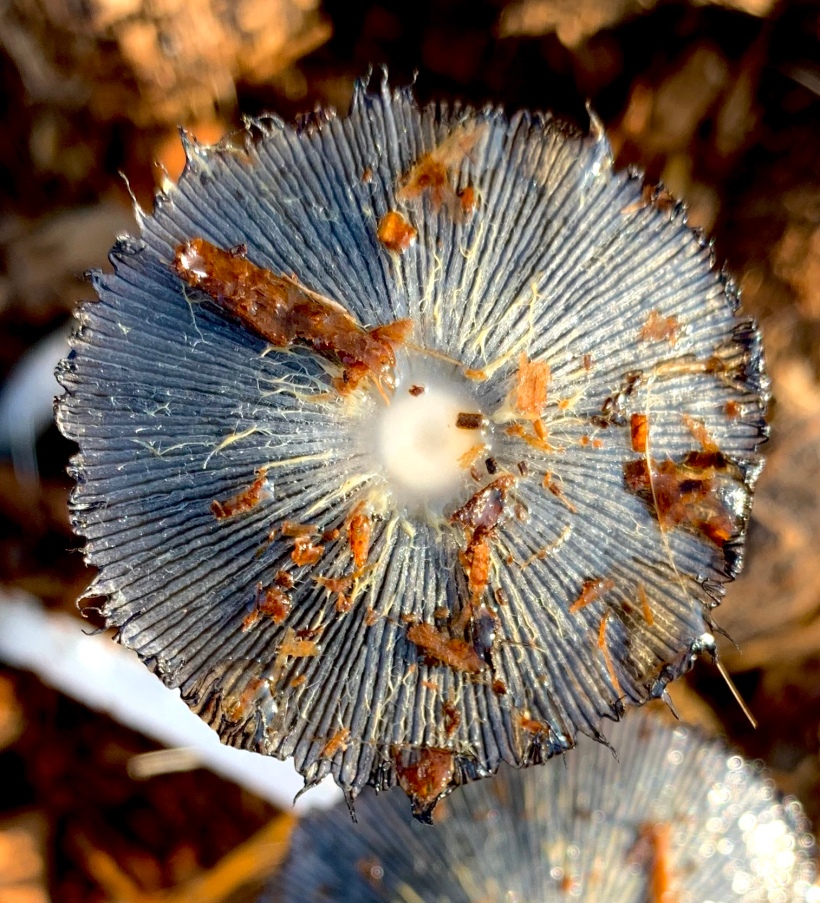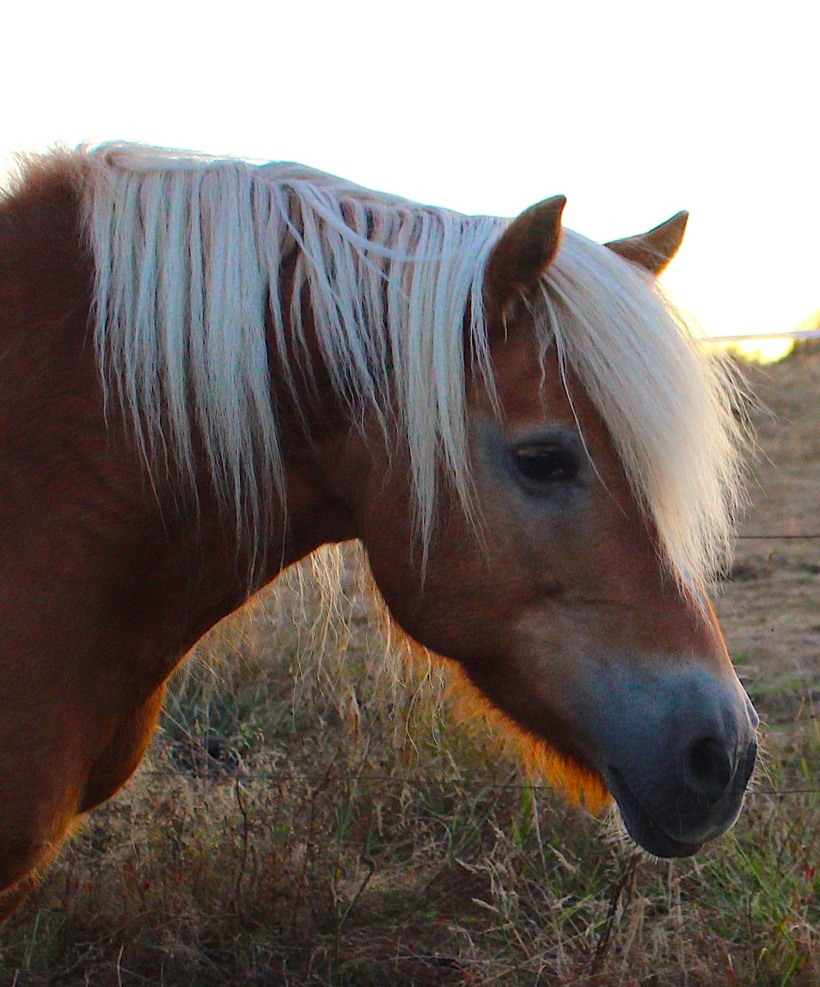

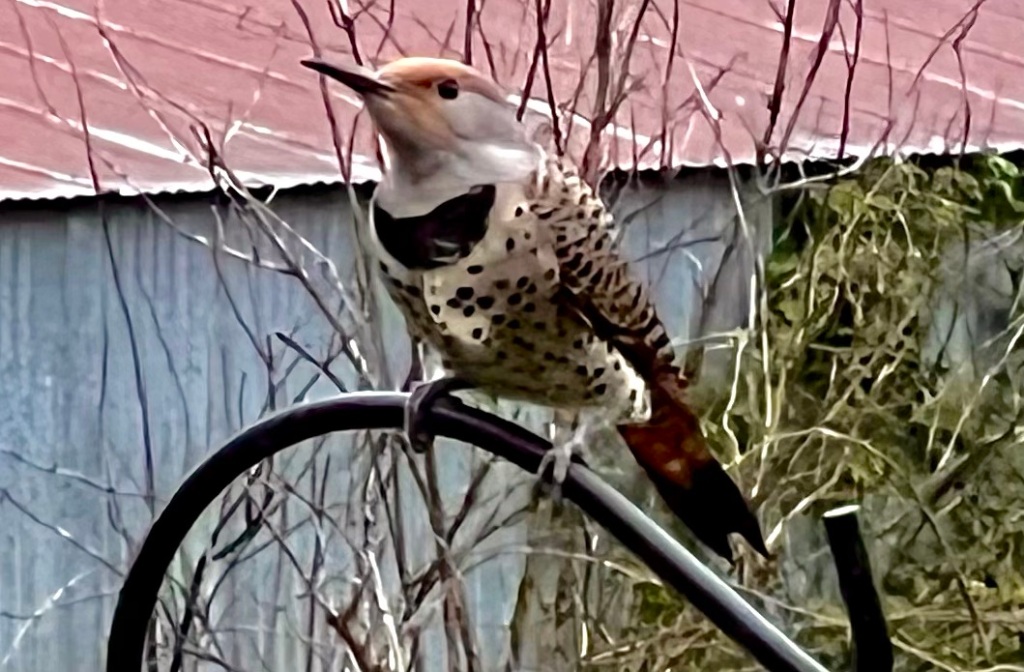

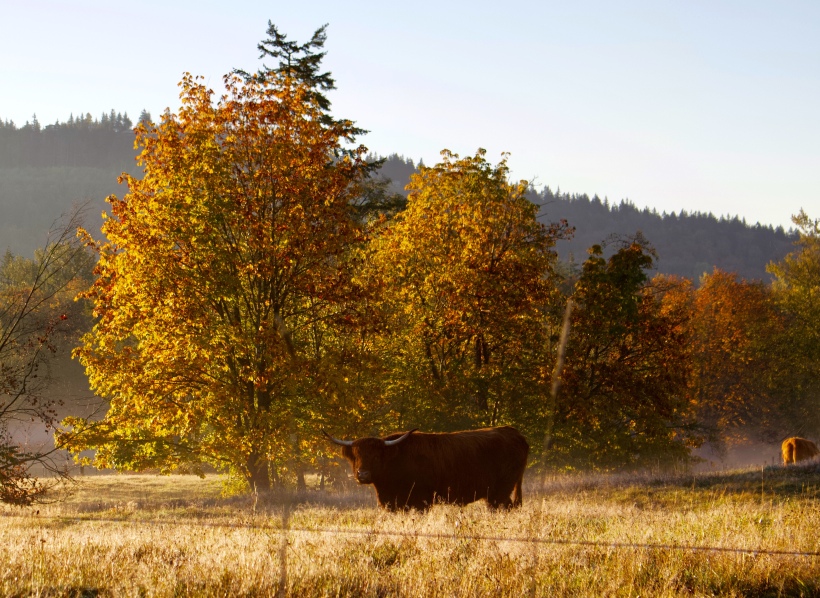
Let us not with one stone kill one bird,
much less two. Let us never put a cat
in a bag nor skin them, regardless
of how many ways there are to do so.
And let us never take the bull, especially
by his gorgeous horns. What I mean is
we could watch our tongues or keep
silent. What I mean is we could scrub
the violence from our speech. And if we find
truth in a horse’s mouth, let us bless her
ground-down molars, no matter how
old she is, especially if she was given
as a gift. Again, let’s open her mouth——that of the horse,
I mean——let us touch that interdental space where
no teeth grow, where the cold bit was made to grip.
Touch her there, gently now, touch that gentle
empty between her incisors and molars, rub her
aching, vulnerable gums. Don’t worry: doing so calms her.
Besides, she’s old now; she’s what we call
broken; she won’t bite. She’s lived through
two thirteen-year emergences of cicadas
and thought their rising a god infestation,
thought each insect roiling up an iteration
of the many names of god, because god to her is
the grasses so what comes up from grass is
god. She would not say it that way. Nor would she
say the word cicada——words are hindrances
to what can be spoken through the body, are
what she tolerates when straddled,
giddy-up on one side then whoa on the other. After,
it’s all good girl, Mable, good girl,
before the saddle sweat is rinsed cool
with water from the hose and a carrot is offered
flat from the palm. Yes, words being
generally useless she listens instead
to the confused rooster stuttering when the sun
burns overhead, when it’s warm enough
for those time-keepers to tunnel up from the
dark and fill their wings to make them
stiff and capable of flight. To her, it is the sound
of winter-coming in her mane
or the sound of winter-leaving in her mane——
yes, that sound——a liquid shushing
like the blood-fill of stallion desire she knew once
but crisper, a dry crinkle of fall
leaves. Yes, that sound, as they fill their new wings
then lumber to the canopy to demand
come here, come here, come
here, now come.
If this is a parable you don’t understand,
then, dear human, stop listening for words.
Listen instead for mane, wind, wings,
wind, mane, wings, wings, wings.
The lesson here is of the mare
and of the insects, even of the rooster
puffed and strutting past. Because now,
now there is only one thing worth hearing,
and it is the plea of every living being in that field
we call ours, is the two-word commandment
trilling from the trees: let live, let live, let live.
Can you hear it? Please, they say. Please.
Let us live.
~Nickole Brown “Parable”



When a governor writes about her decision to shoot her wayward dog and stinky goat, our reaction is about the injustice perpetrated on the dog more than her decision to play god with any animal she has responsibility for. I feel a twinge of guilt at the accusation. Who among us can throw stones?
God is clear we are meant to be caretakers of His Creation. Yet I still swat flies and trap mice – there is no pleasure in doing so, so I still ask for forgiveness for my lack of charity and decision to make my own existence more comfortable at the expense of another living thing.
I admit I fail Creation in myriad ways.
I have owned animals whose behavior brought me to my knees, sometimes literally with my face in the muck. I have wept over the loss of a deformed stillbirth foal and a pond of koi frozen in a bitter winter storm. The stories abound of my helplessness in the face of sadness and loss and frustration but I never wanted to become executioner.
I don’t live with cycles of cicada population booms but have experienced their overwhelming din and understood we are mere witnesses and not in control. We are not “little g” gods on this earth. We are its stewards.
Let us live and thrive together.
Please let us live.



